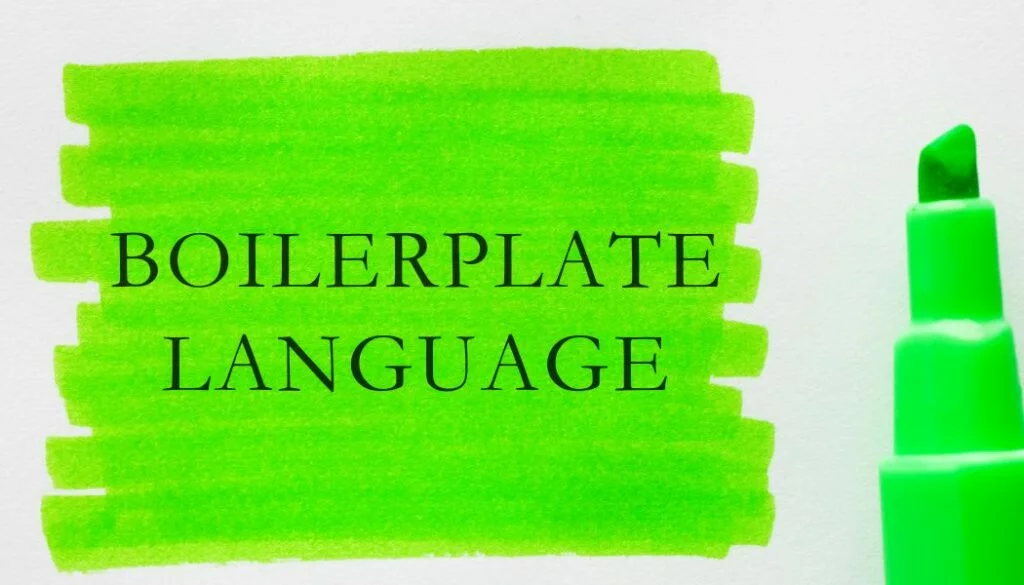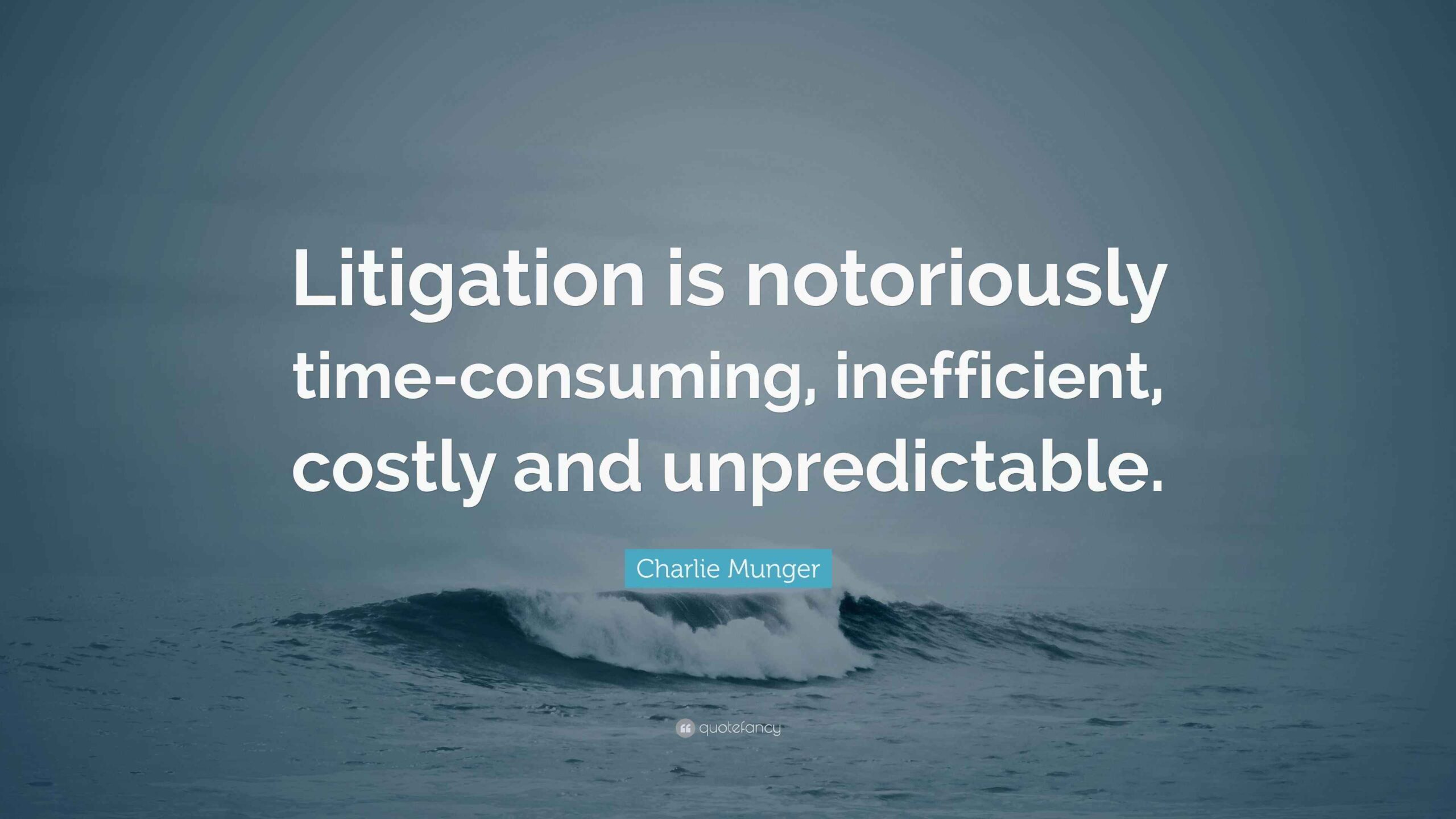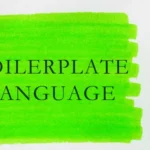This imaginary case serves as a great reminder that precise drafting and prompt enforcement of use‑of‑proceeds covenants can make—or break—a commercial real‑estate loan recovery.
CASE FACTS
AY Properties, LLC advanced a $2.5 million construction loan to DS Investments, Inc. for the development of a mixed‑use retail property in Chicago, Illinois. Under the loan agreement, disbursements were conditioned strictly on DS’s application of funds toward construction hard costs, permitting, and related site work—classic “use‑of‑proceeds” covenants designed to safeguard AY’s collateral. DS’s principals personally guaranteed repayment and granted AY a deed of trust on the property.
AY claims that DS diverted at least $1.5 million of the loan proceeds to unrelated corporate purposes—chiefly working‑capital for its interior design division—rather than applying them to the pledged construction project. AY contends this misapplication constituted a non‑payment event of default under the loan’s express use‑of‑proceeds covenant, thereby entitling AY to immediate acceleration of the entire $2.5 million principal, accrued interest, late fees, and attorneys’ fees (together exceeding $8 million!!) and to foreclosure on its security interest.
RELEVANT LAW
Illinois law governing the use of proceeds in real estate loan agreements is rooted in contract principles, with no specific statute exclusively regulating such provisions. Lenders and borrowers are generally free to negotiate how loan proceeds must be used, provided the terms are clear, lawful, and not unconscionable. Courts in Illinois will enforce use-of-proceeds clauses when they are part of a valid written agreement and supported by consideration. These provisions often require that funds be used for specific purposes such as acquisition, development, or construction of the secured property. Misuse of proceeds may constitute a nonmonetary default, triggering remedies like acceleration or foreclosure.
In nonrecourse loans, improper use can activate recourse carve-outs, exposing borrowers to personal liability. While Illinois statutes like the Mortgage Foreclosure Law (735 ILCS 5/15-1101 et seq.) and the Illinois Interest Act (815 ILCS 205/) provide broader frameworks for real estate lending, they do not directly regulate use-of-proceeds clauses. Instead, enforcement hinges on the clarity of the contract language and the lender’s ability to demonstrate breach. In practice, lenders often impose draw schedules, inspections, and third-party certifications to ensure compliance. Borrowers may negotiate for flexibility, especially in complex developments or lifestyle-driven projects. Ultimately, the enforceability and impact of use-of-proceeds provisions in Illinois depend on the specificity of the agreement and the sophistication of the parties involved.
QUICK ANALYSIS
DS is probably screwed particularly because it is a sophisticated borrower. Misuse of proceeds typically constitutes a nonmonetary default, triggering lender remedies such as acceleration, foreclosure, or enforcement of guarantees.
Some agreements allow for notice and cure periods, though misuse of funds may be deemed incurable depending on severity. I would focus my thoughts on these provisions.
Was this a recourse or nonrecourse loan? In nonrecourse loans, improper use of proceeds may trigger personal liability under carve-out guaranties (e.g., for fraud or misappropriation) known as “bad boy” provisions.
How clearly were the definitions and reporting obligations drafted?
MY ADVICE: CALL ME OR ANOTHER EXPERIENCED ATTORNEY WHO KNOWS
HOW TO HANDLE THESE TYPES OF CASES!!
David Seidman is the principal and founder of Seidman Law Group, LLC. He serves as outside general counsel for companies, which requires him to consider a diverse range of corporate, dispute resolution and avoidance, contract drafting and negotiation, and other issues. In particular, he has a significant amount of experience in hospitality law by representing third party management companies, owners, and developers.
He can be reached at david@seidmanlawgroup.com or 312-399-7390.
This blog post is not legal advice. Please consult an experienced attorney to assist with your legal issues.
Photo Credit: Stickmen













